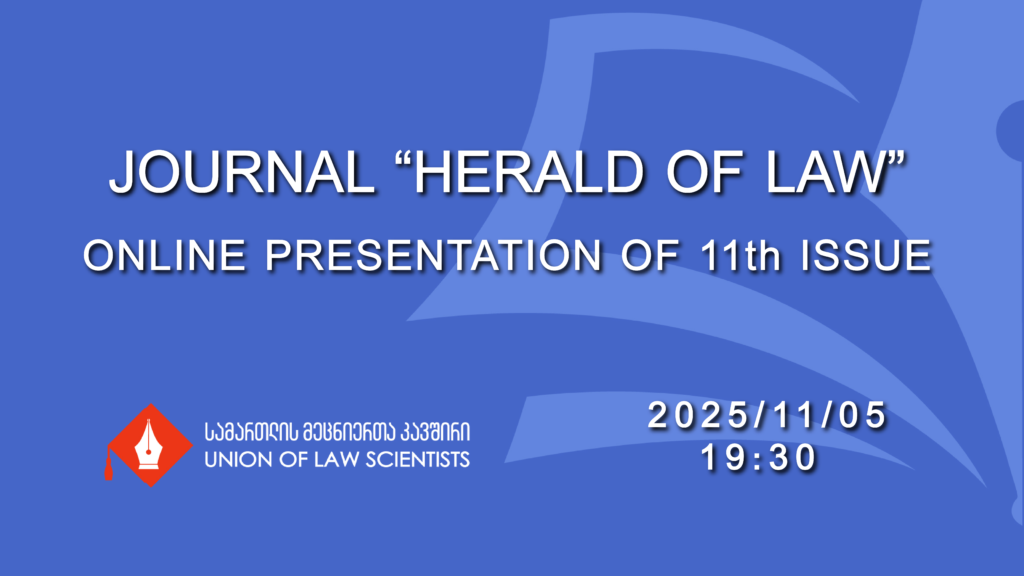Main legal models of personal data protection and modern challenges of the regulation: a comparative analysis
Abstract:
In the era of digital transformation, personal data protection represents a fundamental challenge. This research aims to present a comparative analysis of personal data categorization and its legislative regulation in a global context, which includes both evaluating the effectiveness of existing regulations and identifying prospective challenges.
The research methodology is based on comparative legal analysis, through which legislative approaches across multiple jurisdictions have been thoroughly examined, with particular emphasis on the General Data Protection Regulation (GDPR) and its implementation practices. The research has identified three fundamental models of personal data protection: the European model, characterized by a strict regulatory framework and high standards of data subjects’ rights; the American model, based on sectoral regulation; and the Asian model, which represents a hybrid approach considering cultural specificities.
The study has revealed significant challenges in achieving an optimal balance between technological progress and privacy protection, particularly in the context of artificial intelligence, big data, and digital platforms. The research findings have practical value for both legislative policy formation and the development of organizational data protection strategies. In conclusion, the study confirms the imperativeness of a holistic approach that combines normative regulation, technological innovation, and public awareness raising for the development of a data protection culture.
Keywords:
Personal information, Digital transformation, Regulatory framework










